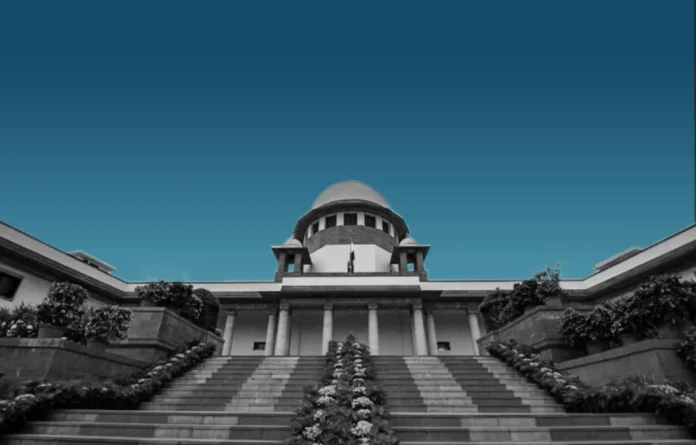A petition filed in the Supreme Court of India has spotlighted what it calls a disturbing pattern of detaining Bengali Muslim migrant workers on unverified allegations of illegal entry into the country. The petitioner, the West Bengal Migrant Workers Welfare Board, alleges that laborers from the state are being indiscriminately apprehended—targeted purely on the basis of their religion or language—and wrongfully suspected of being Bangladeshi nationals.
The petition argues that this arbitrary detention severely infringes on the fundamental right to personal liberty under Article 21 of the Indian Constitution, as well as the broader constitutional values of equality and fraternity. It further highlights a controversial letter issued by the Union Home Affairs Ministry in May 2025, authorizing inter-state verification and detention of suspected undocumented immigrants—an instrument, the petition asserts, that is now being misused to target innocent migrant workers .
In court, Advocate Prashant Bhushan emphasized the random nature of these detentions, pointing out that many of those detained are later verified as Indian citizens and even brought back to India after deportation. Justice Surya Kant acknowledged the need to address genuine infiltration while simultaneously underscoring the dangers of unchecked detentions. He proposed establishing secure methods—like identity cards detailing the worker’s place of origin—and a streamlined verification process between States.
Justice Joymalya Bagchi added that creating a nodal agency to facilitate coordination between the workers’ native and host States could reduce panic and misuse. Bhushan warned that the current chaos is causing widespread fear among Bengali Muslims, noting that even the Foreigners Act offers no sanction for such indiscriminate detentions.
The Court opted not to issue an interim order, but instead issued notices to the Central government and several State governments—Odisha, Rajasthan, Maharashtra, Delhi, Bihar, Uttar Pradesh, Chhattisgarh, Haryana, and West Bengal—for their responses. The matter has been scheduled for further hearing on August 25, 2025


